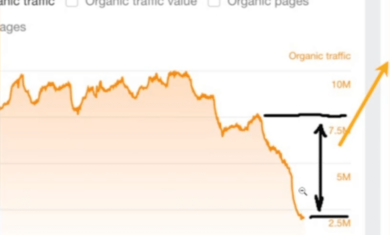I’ve made no secret that I think individuals and organizations should work hard to own their content. This includes not only the primary content (like the actual story or post), but also the comments and interactions to the extent possible.
The second part of that is difficult, as social media is the default for most folks for conversation, but news organizations worked hard to accelerate that and now many are wishing they hadn’t. As a user, I really wish they hadn’t either. If I want to see more info about a particular story, it’s much easier to just scroll down and see the comments versus going off to social media to try to find all of the scattered commentary.
For example, I was surprised that I hadn’t gotten a system update on my new Pixel 6 yet, and Android Police had a story about that. The real benefit for me, though, were the dozens of comments on that same page where users shared what they tried, what worked, and what didn’t. It was fantastic.
Karl Bode at Techdirt recently wrote a great article that digs into this, and I thought I’d share a few of his thoughts. First is the idea that having comments on your site gives you a chance to more directly engage with users:
So is it better to at least keep one forum where the outlet has control and the potential to monetize commenters into subscribers? And how do we make that forum as good as it can possibly be?
The bigger issue is what Facebook has become, and how news outlets helped accelerate that growth:
The untapped irony is that many of these same major outlets that outsourced all discourse to Facebook over the last five to ten years, now complain incessantly about how Facebook has too much power over discourse, ad markets, and everything else. It’s pretty rare you’ll see anybody acknowledge that the decision to muzzle local communities and outsource all discourse to Facebook helped create at least some of the problems they’re now complaining about.
In some ways, this is pretty simple (though not easy) to fix. If you have a popular news site, you can turn comments back on and then take the time to build that community. It’ll take some work, but it’ll help drive more revenue back to news organizations and away from Facebook, which I think most people would agree is a good thing.
Check out Karl’s full article for more.




